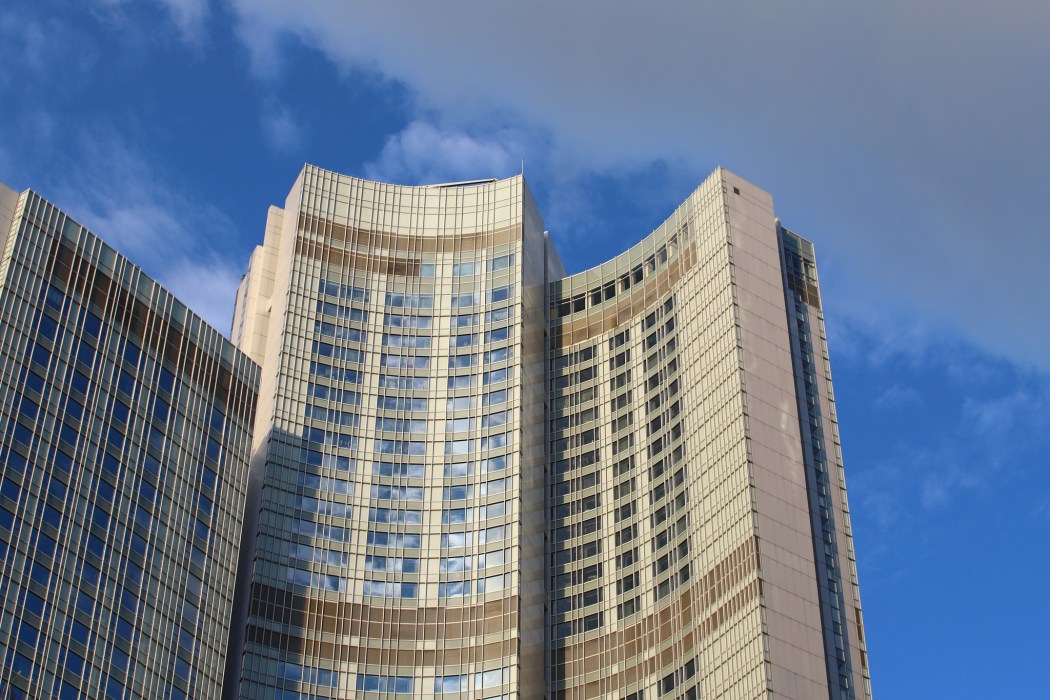The Hong Kong government has proposed bringing back a three per cent tax on hotel accommodation almost 16 years after it was scrapped. If implemented, the levy could earn the government HK$1.1 billion annually.

Hong Kong plans to resume charging the Hotel Accommodation Tax at a rate of three per cent starting from January 1, 2025, Financial Secretary Paul Chan said on Wednesday as he delivered the budget for the next financial year.
The tax would account for less than one per cent of the spending of overnight visitors in Hong Kong, the minister said, while generating income of around HK$1.1 billion for the government annually.
Under the Hotel Accommodation Tax Ordinance enacted on July 1, 1966, hotel guests in Hong Kong were charged a two per cent levy on stays. The tax was later raised to three per cent, but it was waived from July 1, 2008.
According to a report by the Audit Commission in 2007, the government earned HK$310 million in the 2005-06 financial year from the hotel tax.
Government sources told HKFP on Wednesday that the tax had a “minimal impact” on tourist figures previously and that bringing it back would not deter visitors.
According to the Hotel Accommodation Tax Ordinance, the levy was exempted if the rate of the accommodation charge was less than HK$15 per day. Exemptions also applied if the accommodation was provided by a society, such as a club, a company, a school or an institute, or if the hotel had less than 10 rooms available for lodging guests.
Hong Kong is expected to log a shortfall of HK$101.6 billion in the current fiscal year ending in March, almost double the forecast given by the government last year. The government’s revised revenue for 2023-24 stood at HK$554.6 billion, which was HK$87.8 billion – or 13.7 per cent – lower than the original estimates.
Chan on Wednesday also announced that the government would set over HK$1.1 billion aside to promote mega events and boost tourism in Hong Kong, in a move to “soft-sell” the city.
After lifting all Covid-related curbs and measures early last year, Hong Kong has seen arrivals return to the city, led by those from mainland China. However, visitor numbers remain below pre-pandemic figures, with January’s provisional 3.83 million arrivals just 56.4 per cent of the 6.78 arrivals recorded in January 2019.
Hong Kong Budget 2024 in full:
- City expects HK$101.6 billion deficit as land sales revenue dip
- City’s economy grew by 3.2% last year, inflation ‘moderate’
- Finance chief asks for ‘understanding’ over lack of sweeteners
- Costly transport subsidy schemes face review amid HK$100 billion deficit
- Artificial islands project delayed, finance chief Paul Chan says, but will go ahead
- Tobacco tax rises for second consecutive year to put public off smoking
- Higher salaries tax rate for those earning over HK$5 million annually
- No consumption vouchers as relief measures scaled back
- City seeks to bring back 3% hotel tax to increase revenue
- Extra stamp duties axed in bid to revive housing market
- Over HK$1.1 billion to ‘soft sell’ city, inc. monthly drone and fireworks shows
Support HKFP | Policies & Ethics | Error/typo? | Contact Us | Newsletter | Transparency & Annual Report | Apps
Help safeguard press freedom & keep HKFP free for all readers by supporting our team

LATEST FROM HKFP
HKFP has an impartial stance, transparent funding, and balanced coverage guided by an Ethics Code and Corrections Policy.
Support press freedom & help us surpass 1,000 monthly Patrons: 100% independent, governed by an ethics code & not-for-profit.











